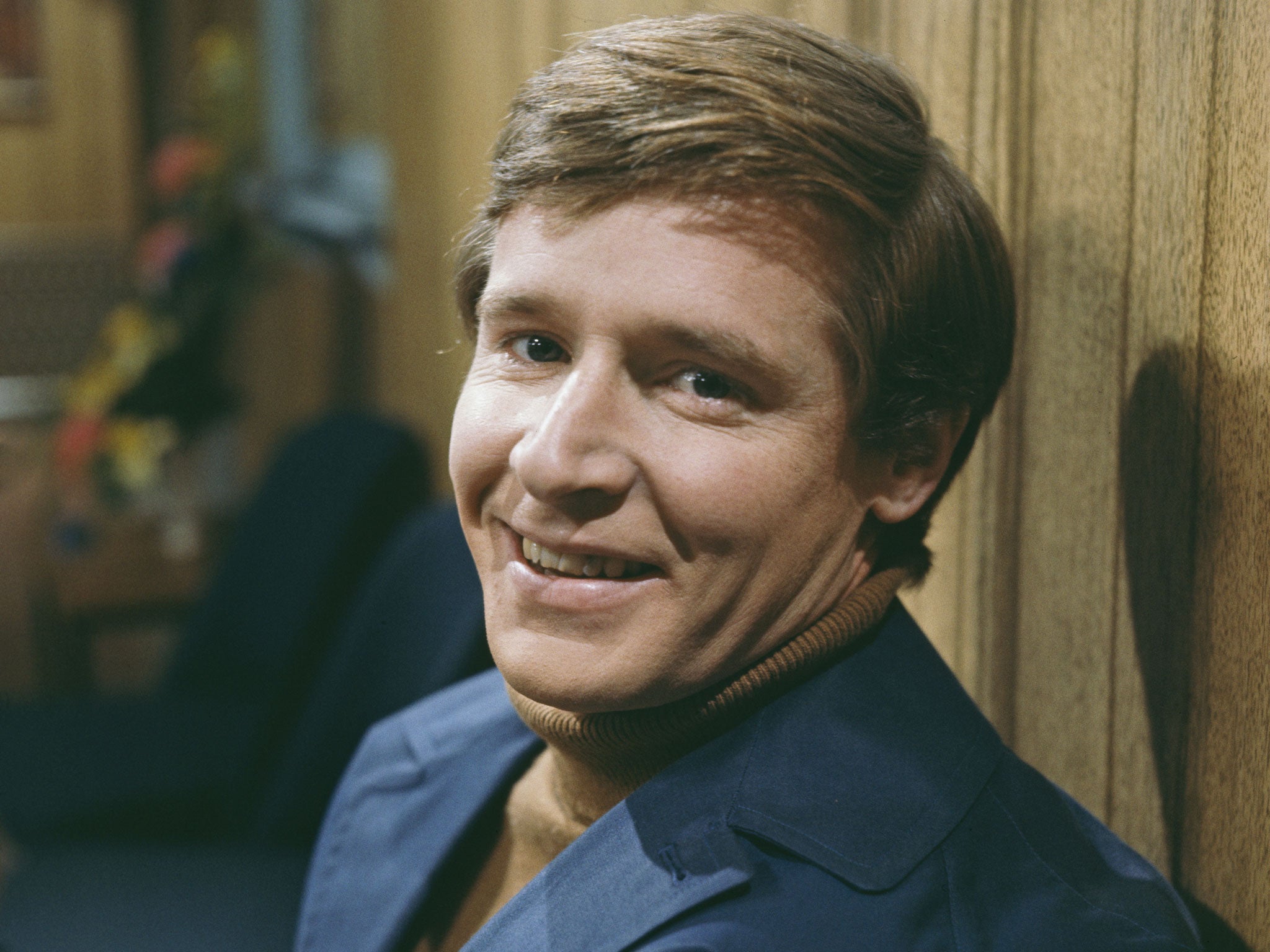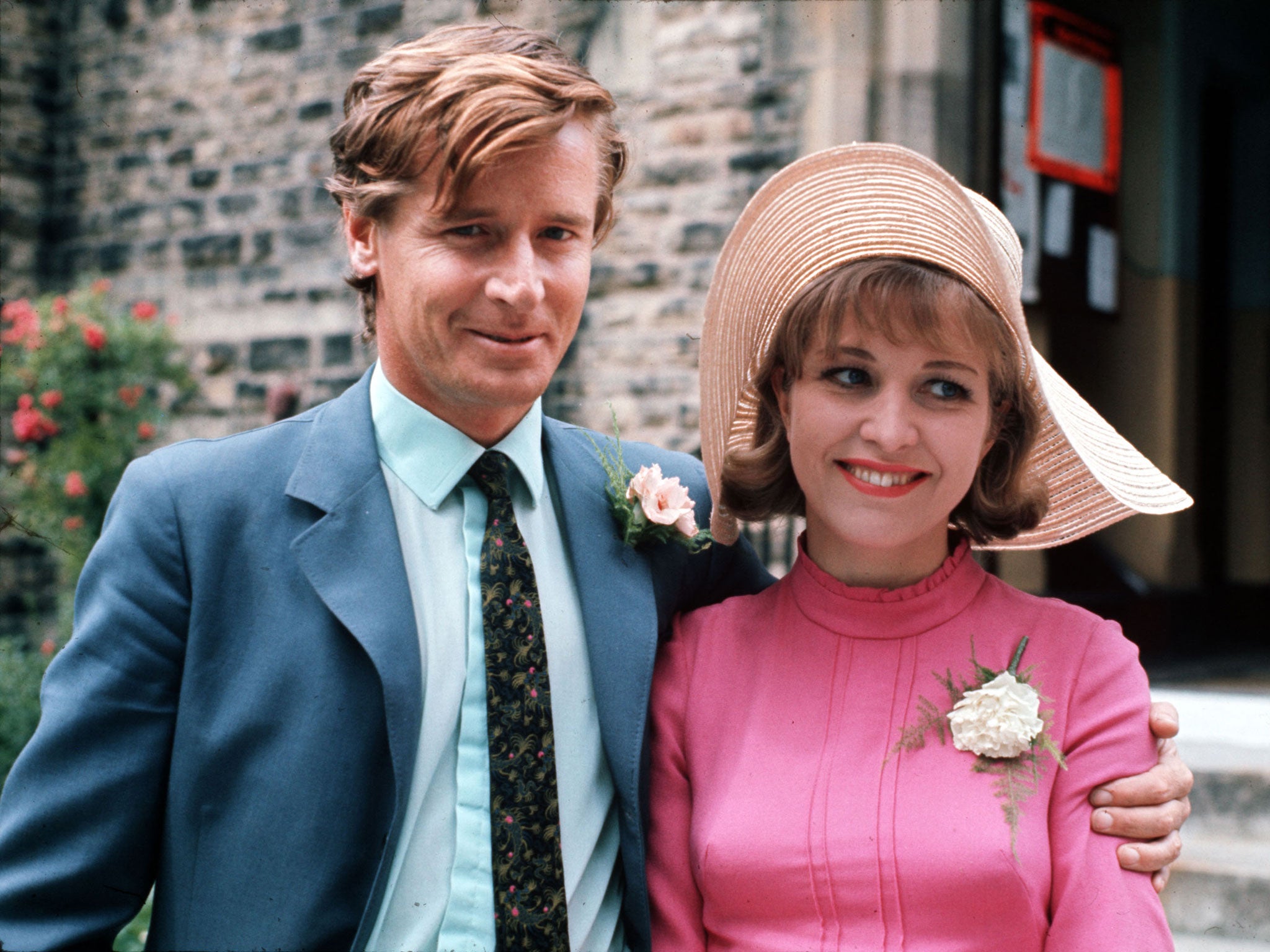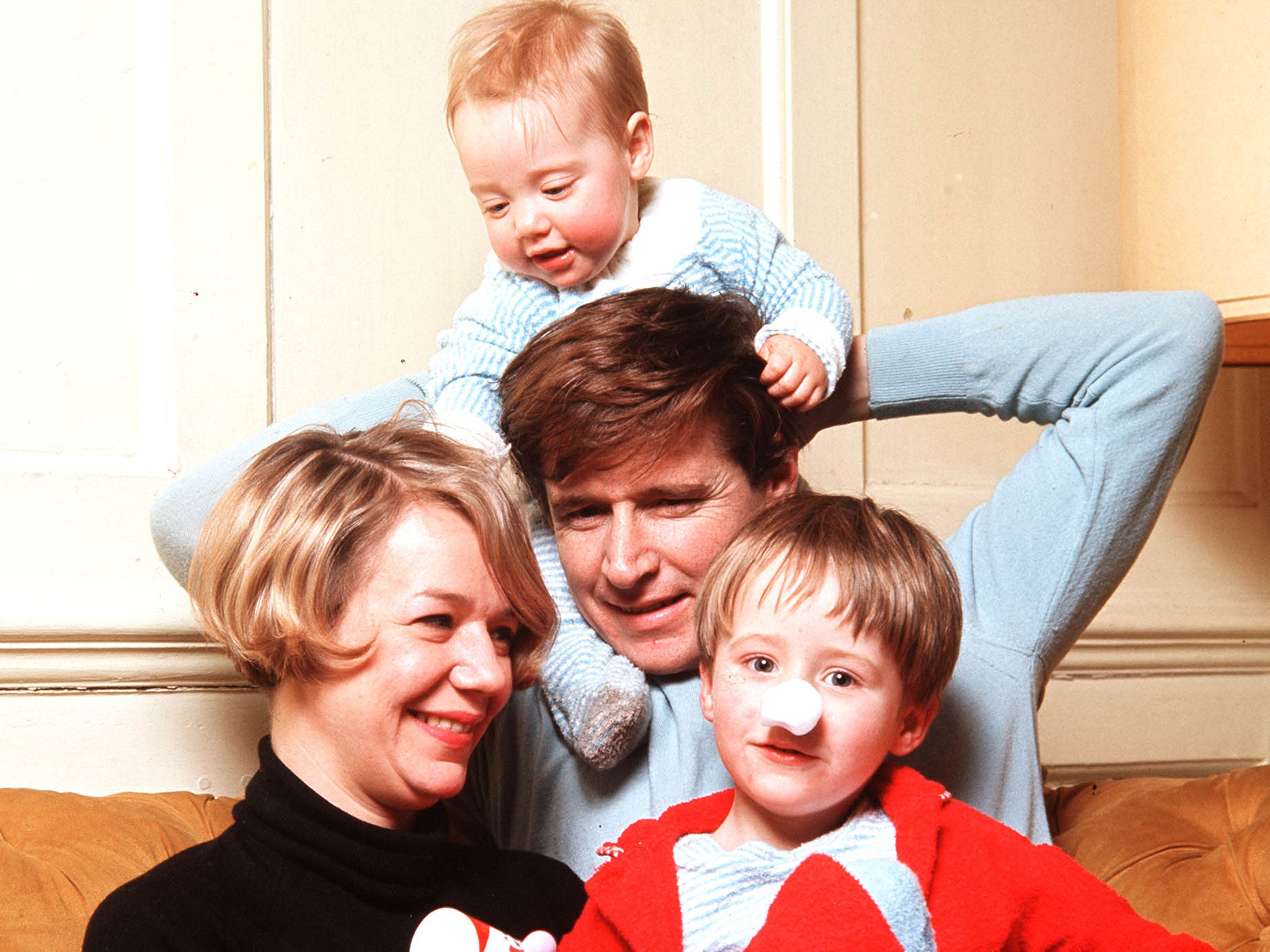William Roache profile: The Coronation Street star known as 'the Lothario of the cobbles' who boasted of sleeping with over 1,000 women
The 81-year-old has been cleared of two counts of rape and four of sexual assault following a three-week trial at Preston Crown Court

William Roache showed no sign of slowing down at 80. The longest serving cast member of British television’s most popular show was using the occasion of this landmark birthday to celebrate a long career on the small screen.
The perma-tanned 81-year-old, who today was sensationally cleared of all sex abuse charges after a three-week trial, is improbably young looking for his age, twinkly eyed and still sporting a thick shock of bouffant hair.
By his own admission, Roache has had a problem with sex. In the busy round of interviews he undertook in 2012 as part of his birthday campaign was one with Piers Morgan’s Life Stories.
It had been common knowledge that – in the pre-Savile parlance of the day– the former army captain had been the “Lothario of the cobbles”. Some fellow male cast members knew him laddishly as “Cock Roache”, the trial heard.
Asked by the former Mirror editor how many women he had slept with during the swinging sixties, he allowed himself to be coaxed. Yes he had been a “naughty boy” he admitted. So exactly how many women had he slept with - 1,000?” he was asked. “Well I’m not denying it,” he replied.
“There were plenty of girls around. I shouldn't have done it. I didn't have any control over my own sex drive. I didn't have the strength to control it,” the recalcitrant-looking actor elaborated.
Among those he took to bed was Coronation Street siren Pat Phoenix, although he later candidly remarked that he preferred them “slender, young, delicate and feminine.” He also hinted at relationships with other famous names although he insisted he was “too gentlemanly” to reveal their identities.

With his young family down in London, filming at Granada in Manchester during the week in the early 60s offered no shortage of opportunities for sexual adventure. There was always a gaggle of several dozen impressionable young, mainly female autograph hunters waiting to catch a glimpse of the likes of The Beatles, Tom Jones or others who were filming within.
Before joining the then cutting edge popular drama at its 1960 inception, the young doctor’s son had enjoyed the respectable trappings of a middle class provincial upbringing.
Boarding school was followed by a commission in the Army and he had drifted into acting. Repertory theatre had given him a first taste of the “goodies” in the form of young actresses that less polite young men had been enjoying for some time. “But it was when I was signed up for Coronation Street, when it started in December 1960, that I really ratcheted up the numbers of girls,” he told another interviewer.
His character Ken Barlow was an idealistic young working class firebrand – a chisel-cheeked pin up for the kitchen sink era whose glamour belied his later dull and self-righteous public image.
“The show's creator, Tony Warren, said Ken was led around by his libido. Likewise, there was a lot of activity in my dressing room, and it became well known,” he said – an assertion he and other witnesses were to fiercely deny during the trial. He became more practiced and then more picky about the girls he picked up, he was to reveal.
“A girl might like me but I might not like her. That didn't matter because there were women around me the whole time, in the street, in a bar, at a party. The way I used to talk to them was pretty blunt and to the point. I was very quickly down to: "Are we going to or not?” he said.

Along with a broken marriage, the occasional scrape with a jealous boyfriend, the relentless promiscuity did not make him content. Although he compared himself with the notorious Belgian writer George Simenon, he was not fulfilled. “Looking back, I didn't know any better. But what I did find out is it does not bring you happiness and it is not the way to be," he added.
The jury at the trial at Preston were not allowed to hear evidence of Roache’s extraordinarily candid interviews. Trial judge Mr Justice Holroyde deemed the admissions too prejudicial and ruled the Morgan interview inadmissible evidence.
Instead the actor’s counsel paraded a series of glowing character references from some of Coronation Street’s most famous and long serving stars. Among them was Anne Kirkbride, who played his former on screen wife Dierdre.
In 1981 their fictional wedding was watched by more ITV viewers than tuned in a few days later to watch Charles and Princess Diana tie the knot. Ms Kirkbride described him as the “perfect gentleman” others spoke of his warmth and lack of starriness.
In 1990 Roache had sued The Sun over a story in which it was claimed he was as boring as his own screen character and not liked by fellow members of the cast.
He won but was left saddled with a six-figure legal bill after turning down a £50,000 payout by the newspaper. Roache married for a second time in 1978, settling down to a plush life in well-heeled Cheshire town of Wilmslow. Turning his back on the “sordid” past of casual sex, heavy drinking and smoking he became a Rolls-Royce driving pillar of the establishment although his legal travails eventually saw him declared bankrupt in 1999.
A lifelong Conservative voter he offered unlikely support to MP Neil Hamilton at the 1997 general election when he fought and lost his Tatton seat to antis-sleaze rival Martin Bell. He was said to be close to his MP George Osborne and was invited by the Queen to mingle with celebrity guests at the rebuilt Windsor Castle.

The death of his young daughter and suddenly in 2007 his wife Sara, fuelled his spiritual interests and unshakeable belief in the afterlife attending monthly meetings at a local village hall to contact the dead through a medium.
During the case Roache maintained his views were little more than a benign fusion of Church of England and Buddhism.
A follower of the little known Pure Love Movement, in 2012 he had suggested that the 12 December would herald a new Golden Age for mankind.
On that date, he suggested the “earth would cleanse itself while material and negative things will collapse and cease to be”. He was to return to the theme of “pure love” in the spring of the following year in a response to questions by a New Zealand television interviewer as he sought to explain the issues surrounding the case of co-star Michael LeVell who was then charged but later cleared of child sex offences. The programme and the surrounding news coverage was seen by the first of the complainants to come forward to police.
Roache denied suggesting that victims of abuse had brought the crimes on themselves. "If you accept that you are pure love, and if you know that you are pure love and therefore live that pure love, these things won't happen to you. Everything that happens to us has been a result of what we have been in previous lives or whatever,” he said.
He also called for a new spirit of forgiveness as celebrities found themselves facing questions over past behaviour. Pop stars and celebrities who had had sex with underage girls should not be condemned, he suggested. "They don't ask for their birth certificates. They don't know what age they may be but they are certainly not grooming them and exploiting them. But they can be caught in this trap,” he said.
